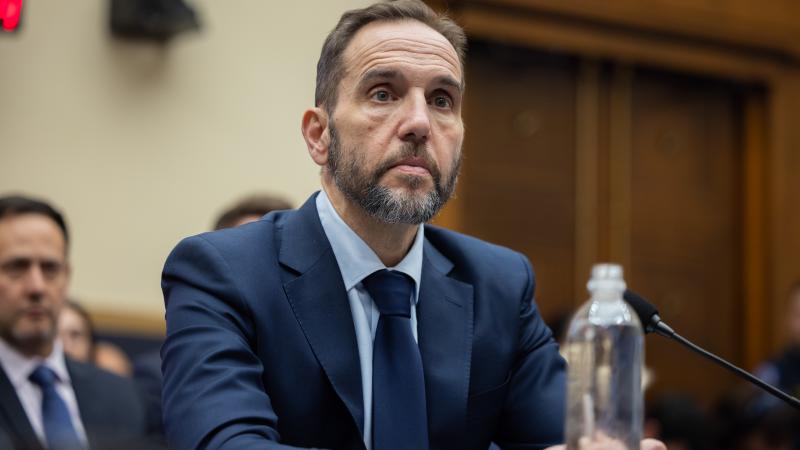Virginia bill to protect public workers’ free speech heads to governor
Legislation allows public sector workers to speak against policy proposals in public hearings.
Legislation that would allow public sector workers to speak against policy proposals in public hearings passed both chambers of the Virginia General Assembly and will be sent to Gov. Glenn Youngkin’s desk.
House Bill 384, sponsored by Del. Glenn Davis, R-Virginia Beach, passed with bipartisan support: 72-27 in the House and 26-14 in the Senate. The governor is expected to sign the legislation.
The bill would ensure that public sector workers do not lose their right to free speech when commenting on current or proposed policies by public institutions during a public hearing. This would apply even if they are speaking against a policy proposal in their workplace. The law is meant to protect the workers’ “freedoms of conscience and expression.”
If Youngkin signs the legislation, employers would not be allowed to fire or penalize workers who criticize policies in such hearings. According to the bill, these hearings provide time for public comment, at which point the employee is speaking on his own behalf as a member of the public.
Questions surrounding the constitutionality of punishing a public worker for speaking against proposed policies during a public hearing erupted last year when a Loudoun County gym teacher was suspended from his job after he criticized a proposed transgender policy that was ultimately adopted.
While speaking during the public comment period of a school board meeting, the teacher, Tanner Cross, said he would refuse to call students by their preferred gender pronouns if the pronoun did not match the biological sex of the student. He said he would refuse to affirm that a biological boy could be a girl or that a biological girl could be a boy.
Cross sued the school, arguing the school violated his constitutional right to free speech. Cross and the school reached a settlement, which allowed him to keep his job and prevented the school from retaliating against him for expressing his views about the policy.
The law would not apply to speech that is unprotected by the First Amendment, such as anything that incites violence, is obscene, defamatory or fraudulent or discloses privileged and confidential information.















